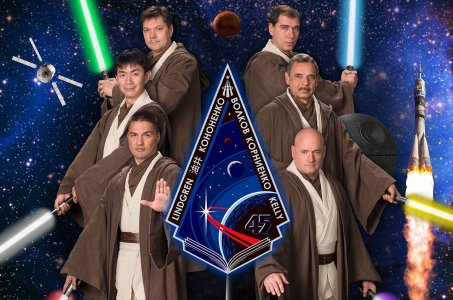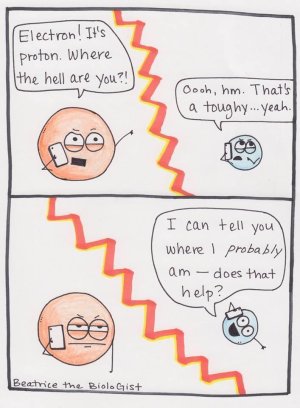fatclue_98
Retired Moderator
Re: Conversations About Science and Physics
Frictional losses would preclude any chance at reaching 186k m/sec. Maybe in a vacuum?
At this point in time, from what I remember there is no possibility to travel at the speed of light
Frictional losses would preclude any chance at reaching 186k m/sec. Maybe in a vacuum?





